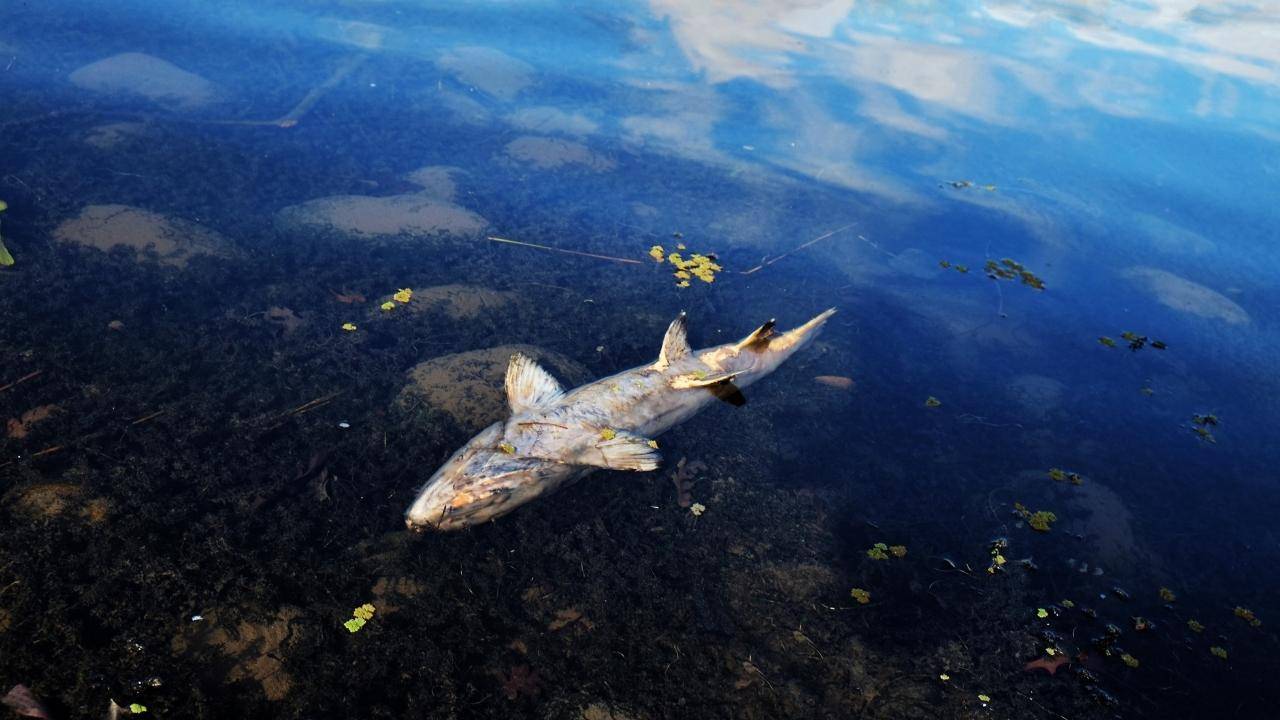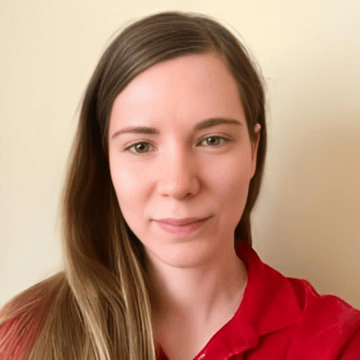Scientists from Singapore and Switzerland have discovered a way to use a byproduct that is made during vegetable oil production to filter heavy metals from water.
According to EcoWatch, the scientists saw proteins in peanut and sunflower oil byproducts, called oilseed meals, attract heavy metal ions. They turned the oilseed meals proteins into nano-sized protein amyloid fibrils and discovered it can strongly attract heavy metal ions. There was 99.89% efficiency in filtering out heavy metals from water, such as platinum, chromium, and lead.
“Water pollution remains a major global issue in many parts of the world,” said Ali Miserez, study author and professor at Nanyang Technological University. “Heavy metals represent a large group of water pollutants that can accumulate in the human body, causing cancer and mutagenic diseases. Current technologies to remove them are energy-intensive, requiring power to operate, or are highly selective in what they filter.”
This membrane made from these waste byproducts is a low-cost option. It doesn’t need a lot of energy for decontamination, and scientists believe it could purify the water worldwide.
Moreover, the system uses simple technology, so it’s readily scalable, and certain metals can be filtered after they’re taken out of water.
More inspiring green news similar to this:


